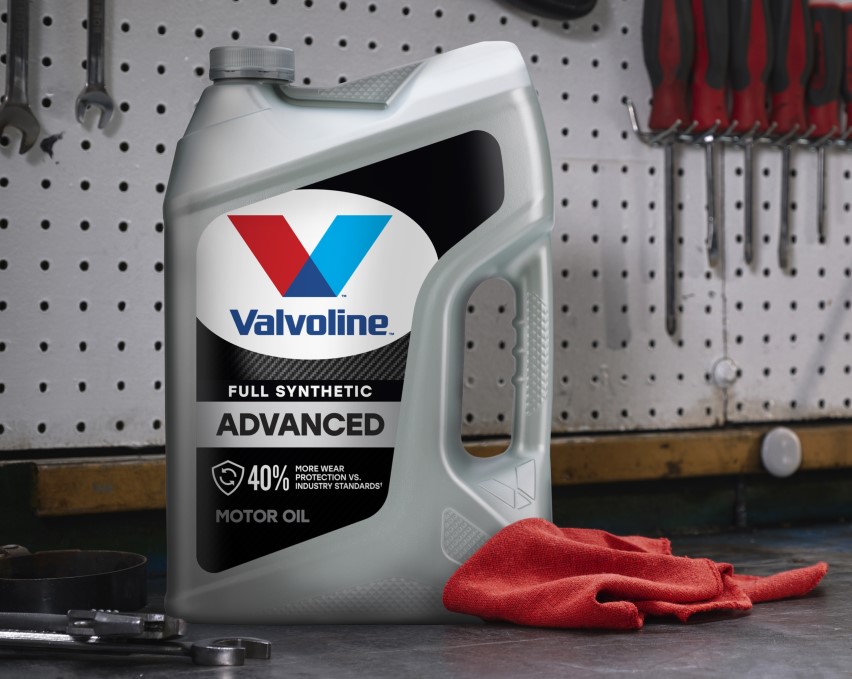
When it comes to certain products in our everyday lives, the word “synthetic” can feel like an unwelcome alternative to the natural version. But don’t be fooled—this is not the case for motor oil.
Engines continue to evolve, resulting in new requirements in the type of motor oil your engine needs. And there are differences. Below, Valvoline experts outline the key differences between conventional and synthetic oils.
Here’s what you need to know:
Do Synthetic Oils and Conventional Oils Offer the Same Protection?
There are a couple reasons why premium synthetic oils will cost you a few dollars more than a conventional blend. First, synthetic oils contain higher-quality base oils that are more extensively processed and offer better baseline performance. Second, most synthetic oils contain a better mixture of additives compared to conventional oils, improving the performance even more. As a result, you’ll get superior engine wear protection from a synthetic oil.
How Do Synthetic Oils and Conventional Oil Formulations Differ?
For starters, synthetic oils feature only highest-quality base oils, providing better overall protection versus conventional oils. Most synthetic oils contain a blend of different base oils to optimize performance. Synthetic oils offer more enhanced performance than conventional oils by way of anti-foam agents, demulsifying agents, corrosion inhibitors, and antioxidants. A tailor-made synthetic oil that’s customized for specific engines differs greatly from a conventional oil.

Which Oil Performs Better in High and Low Temperatures?
In addition to stronger protection from engine wear, synthetic oils contain a higher viscosity index, which means they’re more resistant to high temperatures in the summertime. This high viscosity index also allows synthetic oil to flow better in cold temperatures, so you’re covered when it comes to both weather extremes.
Which Oil Will Make My Engine Last Longer?
Once you add up the individual benefits of using a synthetic oil, it shouldn’t be a surprise to learn that synthetic oils can contribute to longer engine life. Synthetic oils are more resistant to breaking down, which means they’ll last longer in your engine, thus keeping your engine in better shape. They also maintain their lubricating properties longer than conventional oils, which can result in improved fuel economy.

Is it Okay to Switch From Conventional Oil to Synthetic Oil?
There’s a myth that switching oil types during the lifecycle of your engine can result in engine wear like leaks and other damage, especially if you drive an older model. But the truth is, you can switch from conventional to synthetic without consequence.
Don’t forget, though—just because synthetic oil generally holds up better and can last longer than conventional oil, don’t take that as an invitation to slack on your oil changing. Always consult your owner’s manual and have your oil changed within the allotted time frame, typically every 6-12 months.
Click here to learn more benefits of using Valvoline Advanced Full Synthetic for your engine and find the right grade for your vehicle.

